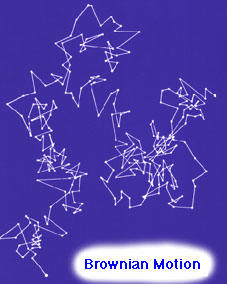
Friedrich Durrenmatt once said: “Einstein used to speak of God so often that I almost looked upon him as a disguised theologian.” (see Einstein and God by Thomas Torrance).
This morning I attended my second lecture of EinsteinFest at the Perimeter Institute. John Rigden from Washington University in St. Louis (hey, Jason!) spoke about the April/May papers of Einstein in 1905 under the title “Witnessing Atoms”. These papers proved to the skeptics that atoms did indeed exist (believe it or not, there were many scientists in 1905 who did not believe in either atoms or molecules).
What I found most fascinating about the lecture was the way Rigden began his review with references to the way Einstein spoke about “searching for the thoughts of God”. Einstein also spoke with extreme confidence about his discoveries, so much so that when asked how he would respond if other physicists doubted his theories, he replied, “Then I would feel sorry for God, because my theories are true.”
I love that sense of confidence. Perhaps it derives from the sense of certainty when your own thought experiments lead to answers to ultimate concerns (to borrow from Tillich). For what it’s worth, I’ve felt that same sense of certainty a few times in my life, once fairly recently. That sense of confidence and certainty leads to courage of conviction and a willingness to swim against the prevailing currents.
In the April/May papers published by Einstein about the dissolving of sugar molecules in water and the motion of a pollen particle in water, he demonstrated with absolute certainty that both phenomena could be explained by the same principles…Brownian motion. Brownian motion, in turn, could be explained by the statistical probabilities of atoms colliding with one another. The only difference between a sugar molecule and a grain of pollen was size.
In demonstrating atomism, Einstein effectively brought 19th-century thermodynamics and mechanics together; they had been considered separate and thought incompatible previously.
Rigden’s lecture didn’t hold together very well at this point. Perhaps his book does a better job of explaining Einstein’s genius in witnessing atoms. In any case, today’s and last night’s lecture led me to the Toronto Star’s Ideas section for Sunday, October 2nd which starts a three-part series on Einstein. It also led me and my son to Chapters to purchase two books: 1) David Bodanis’s E=mc2: A Biography of the World’s Most Famous Equation and 2) Michio Kaku’s Einstein’s Cosmos: How Einstein’s vision Transformed Our Understanding of Space and Time.
This is going to be an intellectually stimulating few weeks at the Perimeter Institute.

No comments:
Post a Comment